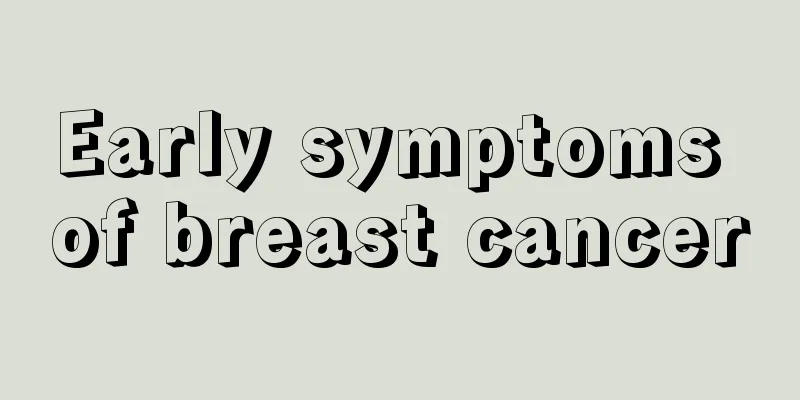How to relieve liver damage caused by drugs

|
In fact, there are many drugs now that will damage your liver function after taking them, which will make it impossible for your liver to excrete toxins normally. Therefore, it is easy to cause many diseases, the most important of which are liver diseases. So people must read the instructions carefully before taking some drugs. If the drugs may damage the liver, try not to use them. If you have to use them, you must do so under the guidance of a doctor. This can avoid many situations. If your liver has been damaged, you need to take relevant measures to treat and relieve the symptoms to prevent more serious phenomena. Disease treatment Treatment principles include immediate discontinuation of related or suspected drugs (key to treatment), promoting the clearance of liver-damaging drugs and applying antidotes, applying hepatocellular protective agents, and treating liver failure. ⑴ Stop medication immediately: Once it is confirmed or suspected that the condition is drug-related, all suspected liver-damaging drugs should be discontinued immediately. Most cases can recover after stopping the medication. ⑵Supportive treatment: ① Pay attention to rest. Severe patients should absolutely stay in bed and rest. ② Supplement sufficient calories, sufficient protein, and multiple vitamins such as vitamin C, E, B, etc. to facilitate liver cell repair and regeneration. ⑶ Detoxification treatment: Patients with acute poisoning can take measures such as gastric lavage, catharsis, activated carbon adsorption to eliminate gastrointestinal residual drugs, and use hemodialysis, peritoneal dialysis, hemoperfusion, plasma exchange and other methods to quickly remove drugs from the body; Application of antidotes: including non-specific such as glutathione, N-acetylcysteine, sodium thiosulfate, steroid hormones, UDCA , S-adenosylmethionine, polyene phosphatidylcholine, etc. and specific chelating agents such as dimercaprol, penicillamine, thiosuccinic acid, cysteamine, calcium sodium edetate, etc. (4) Anti-inflammatory and liver-protective treatment: Anti-inflammatory and liver-protective drugs can be appropriately selected according to the patient's clinical condition, including glycyrrhizic acid preparations, silymarin, tiopronin, reduced glutathione, N-acetylcysteine, and polyene phosphatidylcholine, which are mainly used to protect liver cell membranes. (5) Promote liver cell metabolism : adenosine methionine, glucuronide, complex coenzyme, potassium magnesium aspartate, hepatocyte growth factor that promotes liver cell repair and regeneration, adenosine methionine that promotes bilirubin and bile acid metabolism, potassium magnesium aspartate, ursodeoxycholic acid, etc. Some Chinese medicine preparations such as Huganning, Hugan Tablets, Bicyclol, and Wuzhi Capsules can also be chosen. For patients with severe symptoms and severe jaundice, short-term treatment with glucocorticoids can be used if there are no contraindications. In principle, medication should be kept as simple as possible. |
<<: What causes numbness in the thumb?
>>: How to remove the smell of oil smoke from clothes?
Recommend
My urine smells foul lately
If you feel that your urine has a strong or foul ...
Can patients with hypothyroidism get pregnant?
Everyone knows that the thyroid gland is a very i...
How to maintain the stomach and intestines
The internal organs of the human body are very im...
How to treat white toenails?
Healthy nails are rosy, curved, smooth and shiny....
What is the situation when there is fluid in the lungs
Pulmonary effusion is a common clinical problem t...
What is the treatment prescription for wind-heat cold?
Wind-heat cold is a common problem in summer. Bec...
What is the differential diagnosis of bladder cancer
What is the differential diagnosis of bladder can...
How to identify pure honey
In order to get rich overnight, many businesses n...
When do tangerines ripen
Nowadays, with the increasing development of high...
What are the benefits and taboos of wearing silver bracelets
As the saying goes, everyone loves beauty. Many p...
Can cervical lymphadenopathy be cured? How to treat it?
Cervical lymphadenopathy is a very dangerous dise...
What are some ways to promote hair growth?
Everyone wants to have thick, black hair. Such ha...
What medicine is the best for reflux esophagitis
Reflux esophagitis is a common internal digestive...
The physiological curvature of the cervical spine disappears
Generally speaking, under normal circumstances, t...
What are the treatment principles for hamartoma
The symptomatic treatment of hamartoma is critica...









